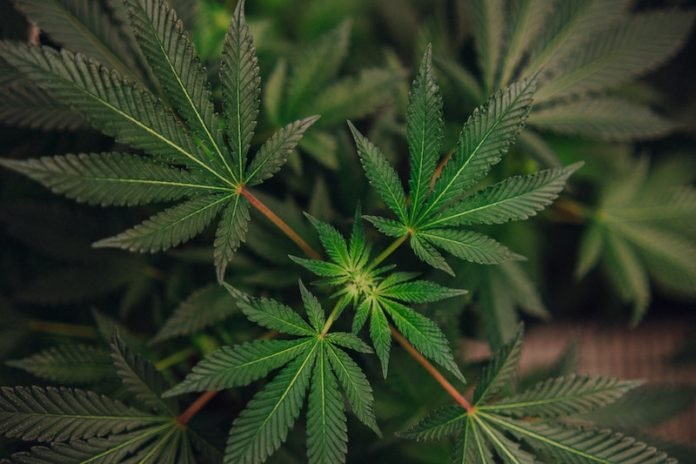
Sometimes people find it hard to control how much cannabis (weed) they use.
This can cause problems in their life, like difficulties at work or in personal relationships. This problem is called Cannabis Use Disorder (CUD).
A new drug might be able to help these people. It’s called AEF0117, and it was tested in a clinical trial (like a big experiment with human volunteers) run by Columbia University Irving Medical Center and Aelis Farma, a French drug company.
The Magic Behind AEF0117
When someone smokes cannabis, a chemical in it called THC creates a feeling of being “high”. It does this by acting on parts of our brain cells called CB1 receptors.
But these parts of our brain also do other important things, like helping us learn, remember, feel emotions, sleep, and even control how much we eat!
AEF0117 is special because it can stop THC from making us feel high, without messing with these other important things that CB1 receptors do.
The Experiment and Its Findings
In the clinical trial, they tested AEF0117 on people who smoke cannabis every day.
Dr. Margaret Haney, the scientist in charge, said that AEF0117 was the first drug they tested that could decrease how much smokers enjoyed cannabis and made them less likely to use it.
As more and more places are making cannabis legal, more people are using it, and some of them are having problems controlling their use.
About 14 million people in the United States have CUD. Most people, especially teenagers and young adults, don’t know that cannabis can be addictive.
Unfortunately, the FDA (the U.S. government agency that checks if drugs are safe and work) has not yet approved any medications to treat CUD. And other types of treatment, like talking therapies, haven’t been very helpful.
A Decade of Hard Work
AEF0117 is the result of over 10 years of research. It’s the first of a new type of drug that can stop only the signals in our brain cells that lead to CUD.
This is different from older drugs that blocked all activity of the CB1 receptors, which led to bad side effects.
The research team of Dr. Pier Vincenzo Piazza, the CEO of Aelis Farma, discovered how this natural brain mechanism works.
They tested AEF0117 in a clinical trial with 29 volunteers who have CUD. The volunteers took either a high or a low dose of AEF0117 or a placebo (a fake drug) for 5 days.
The results were promising. AEF0117 reduced the positive feelings from cannabis by an average of 38% and also reduced the use of cannabis.
And even better, it did this without causing withdrawal symptoms, even in people who smoked several grams of cannabis every day.
A Step Forward
This new drug is a big step forward in helping people who have problems controlling their cannabis use.
But like all new drugs, it still needs to be tested more to make sure it’s safe and really works. We’ll have to wait and see, but the future looks promising!
If you care about health, please read studies that whole grain foods could help increase longevity, and Omega-3 fats and carotenoid supplements could improve memory.
For more information about health, please see recent studies about how tea and coffee influence your risk of high blood pressure, and strawberries could help prevent Alzheimer’s disease.
The study was published inv Nature Medicine.
Copyright © 2023 Knowridge Science Report. All rights reserved.




